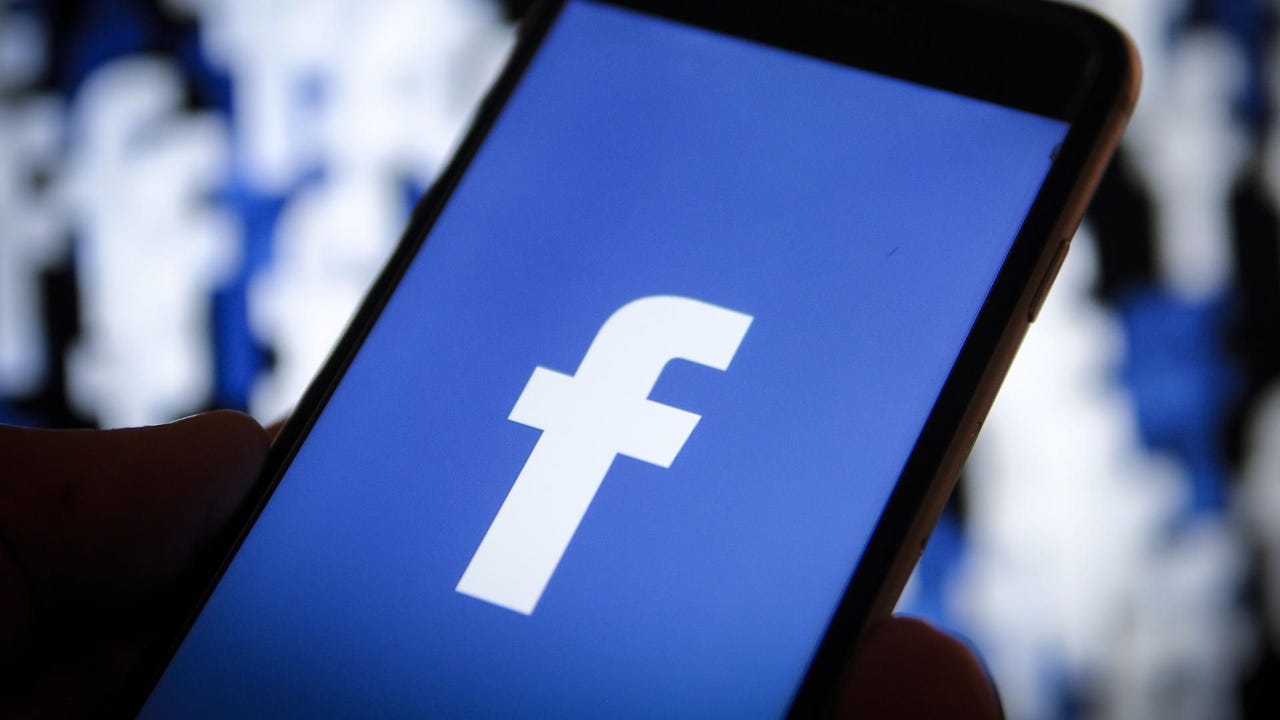Facebook Q3 tops estimates but user growth remains flat


Facebook reported better-than-expected third quarter earnings and revenue Wednesday but revealed slowing growth in its user numbers compared to a year ago.
Featured
The world's largest social network now stands at more than 2.45 billion monthly active users, an increase of 8% from the same quarter last year. However, that growth rate is half of what it was a year ago, when it stood at 16%.
Daily active users reached 1.62 billion, an increase of 9 percent over the same time last year. As with the MAUs, daily user growth has slowed down from the 16% rate it held a year ago.
Overall, Facebook said around 2.8 billion people use Facebook, WhatsApp, Instagram, or Messenger each month. On average, more than 2.2 billion people use one of Facebook's services every day.
At the end of its fiscal 2018 year, Facebook announced it would phase out usage metrics for its individual apps and instead report the company's "overall family metrics." The change corresponded to a slowdown in the growth of Facebook's flagship app in key markets, though Instagram usage continued to grow at a robust pace.
Elsewhere on the balance sheet, the tech giant reported a net income of $6.1 billion, with non-GAAP earnings of $2.12 per share on revenue of $17.65 billion, up 29% from last year. Wall Street was looking for earnings of $1.91 per share with $17.37 billion in revenue.
Facebook's total advertising revenue rose 28% in Q3 to $17.38 billion. Facebook didn't break out numbers for mobile users, but the mobile segment was solid in terms of advertising, representing 94 percent of all ad revenue for the quarter.
On a conference call with analysts, Facebook chief Mark Zuckerberg said in a lengthy statement that the company would not make any changes to its advertising policy in regard to political ads. Coincidentally, Twitter CEO Jack Dorsey announced, at nearly the exact moment Facebook's Q3 earnings were released, that Twitter would no longer allow political ads to run on the platform.
While Dorsey takes the position that a politician shouldn't be allowed to pay for reach and force "highly optimized and targeted political messages on people," Zuckerberg posits that companies should not take it upon themselves to filter politicians or their messaging. Basically, Zuckerberg is trying to say that Facebook barely makes money from political ads anyway and that banning them outright would be a form or political censorship.
Here's an excerpt of Zuckerberg's statement:
In a democracy, I don't think it's right for private companies to sensor politicians or the news. And although I've considered whether we should not carry these ads in the past, and I'll continue to do so. On balance, so far, I've thought that we should continue. Ads can be an important part of voice, especially for candidates and advocacy groups that the media might not otherwise cover so they can get their message into the debates. And it's hard to define where to draw the line. Would we really want to block ads for important political issues like climate change or women's empowerment? Now instead, I believe that the better approach is to work to increase transparency.
Ads on Facebook are already more transparent than anywhere else. We have a political ads archive. So anyone can scrutinize every ad that's run. You can see every message, who saw it, how much was spent. And that's something the no TV or print media does. Now since this is an earnings call, I want to talk about the business impact of all of this. Some people accuse us of allowing the speech because they think that all we care about is making money, and that's wrong. I can assure you that from a business perspective, the controversy that this creates far outweighs the very small percent of our business that these political ads make up. We estimate that these ads from politicians will be less than 0.5% of our revenue next year. So that's not why we're doing this.
Shares of Facebook were up around 3% after hours.